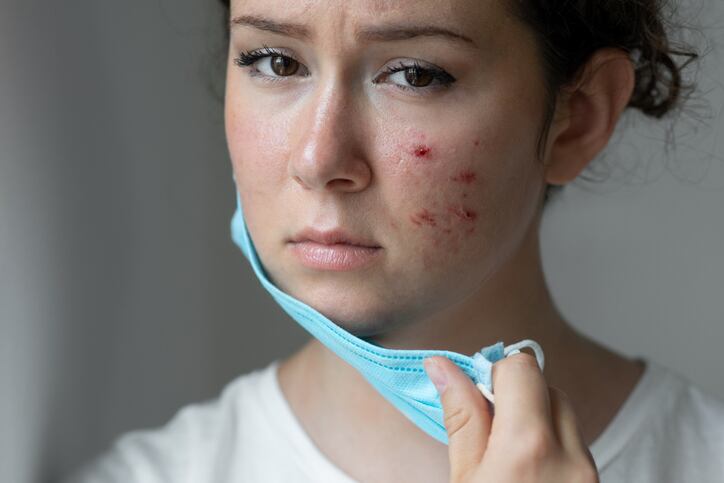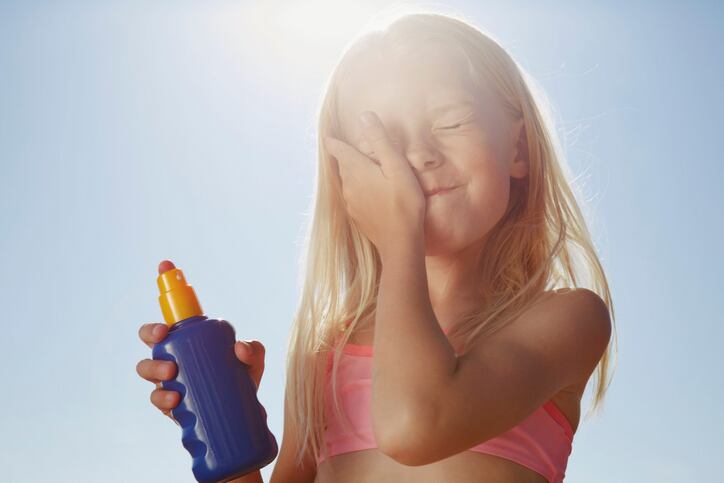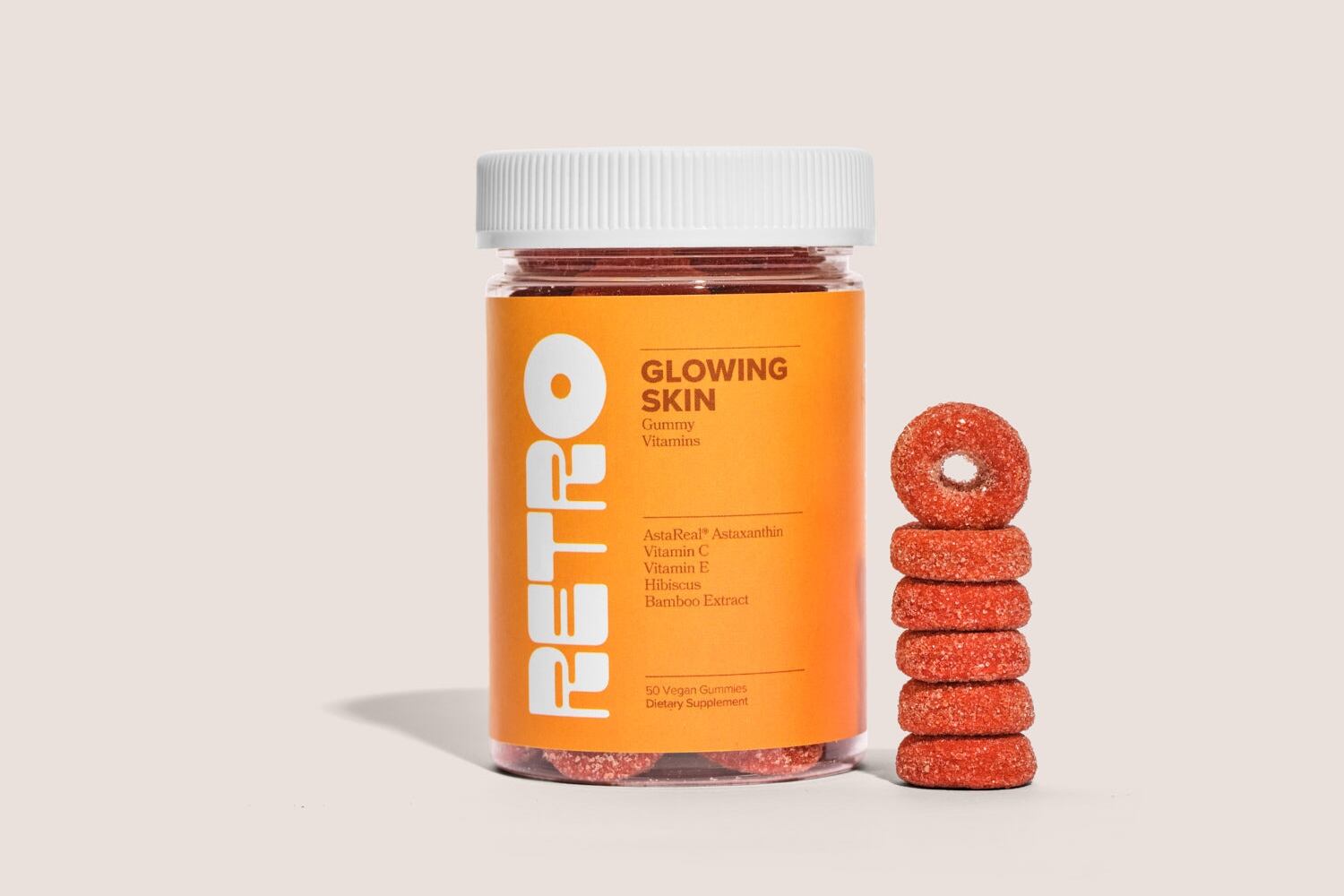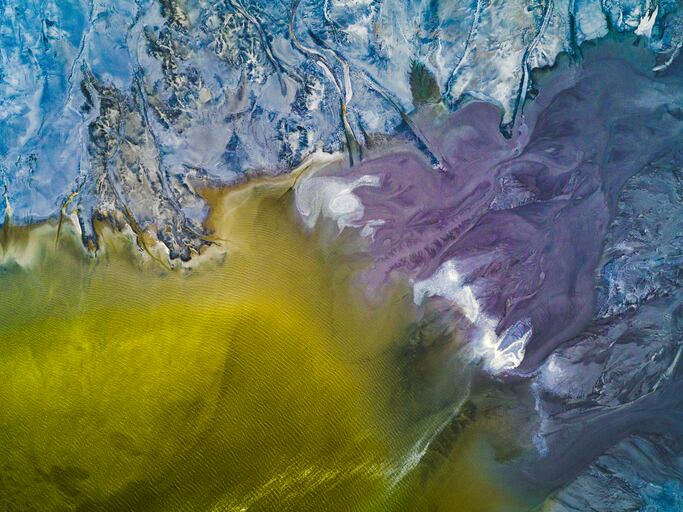A research team out of the United States, Beri et al, recently published an article in Cosmetics summarizing the research on mental health impacts of acne caused by masks worn during the pandemic and what can be learned about acne treatment going forward.
The wearing of surgical or cloth masks has been mandated by governments around the world to mitigate the spread of COVID-19 and some people have chosen to voluntarily wear masks after mandates have ended to protect themselves.
According to Beri et al, the term "maskne," meaning mask acne, has become popular online as consumers experience acne and skin irritation caused by sweat and microbes against the jaw, cheeks and mouth while wearing a mask.
“It was shown that the use of protective face masks caused adverse reactions on the skin of 454 different patients,” Beri et al said. “It was also found within these cases that acne was the most prevalent disease (399 cases), followed by rashes on the face (154 cases) and itching symptoms (130 cases).”
An Italian study cited by Beri et al found that among healthcare professionals surgical face masks increased dermatological pathology by nearly 65% and 33% for FFP2 no-valve masks.
Mental health impacts of maskne
Beri et al said recent studies have found skin inflammation can cause mental illnesses like anxiety, depression, and lack of self-esteem.
Nearly 10% of people worldwide experience acne, making it a common skin disease, though the American Academy of Dermatology estimates that around 85% of people between 12 and 24 suffer from acne.
Because of the predominance of acne among adolescents, Beri et al said maskne can be an additional stressor on young people who are already experiencing loneliness, despair, and depression from social distancing.
“The additional burden of Maskne in this population adds to the overall mental health struggles caused by the SARS-CoV-2 pandemic,” Beri et al said. “With all of these additional stressors in the adolescent age group, we can conclude that, perhaps, dealing with acne caused by wearing a mask also contributes to the larger burden of maskne.”
Holistic treatment of acne
Beri et al said the treatment of acne is not just a dermatological issue but also a condition that ties into gut and mental health factors which could be used to treat acne and maskne when fully understood.
Research indicates stress, anxiety and depression may increase acne by affecting the microbiome of the gut.
“At the molecular level, the skin has a complex relationship with the nervous and immune systems,” Beri et al said. “The notion of psychology combined with dermatology is examined in terms of how the skin reacts to stress, how emotions, such as stress, serve as a trigger in the brain, and how these emotions can lead to a variety of common skin illnesses.”
Maskne treatment specifically ties into the treatment of the skin on the microbiome level, as the “stress of mask usage” alters the existing flora on the skin. Understanding that connection could help manage acne, Beri et al said.
They also said the treatment of acne in western markets could also take more consideration of diet based on the gut-skin relationship.
Source: Cosmetics
Author: K. Beri et al
Cosmetics 2022, 9(3), 45; https://doi.org/10.3390/cosmetics9030045
Title: The Emotional Impact of Maskne in the Era of COVID-19: A Commentary on the Future of a Multi-Modality Approach




